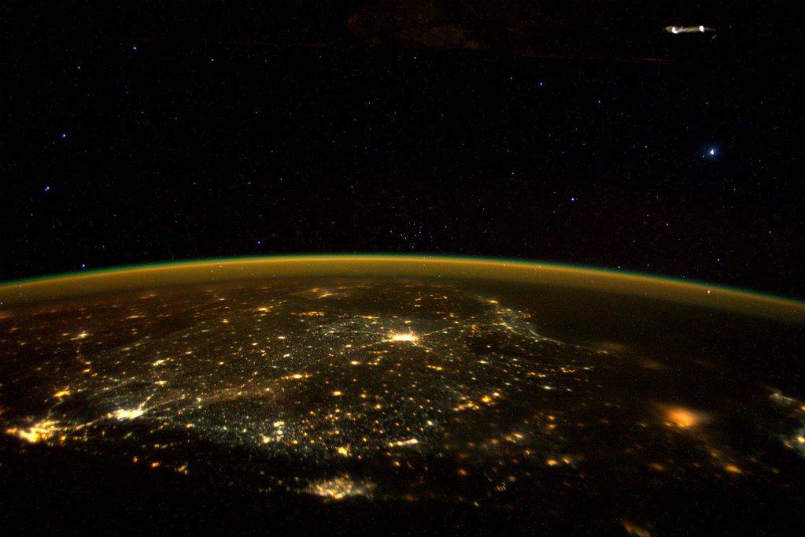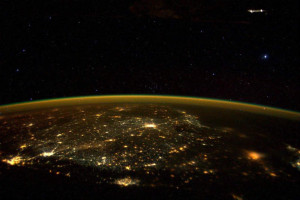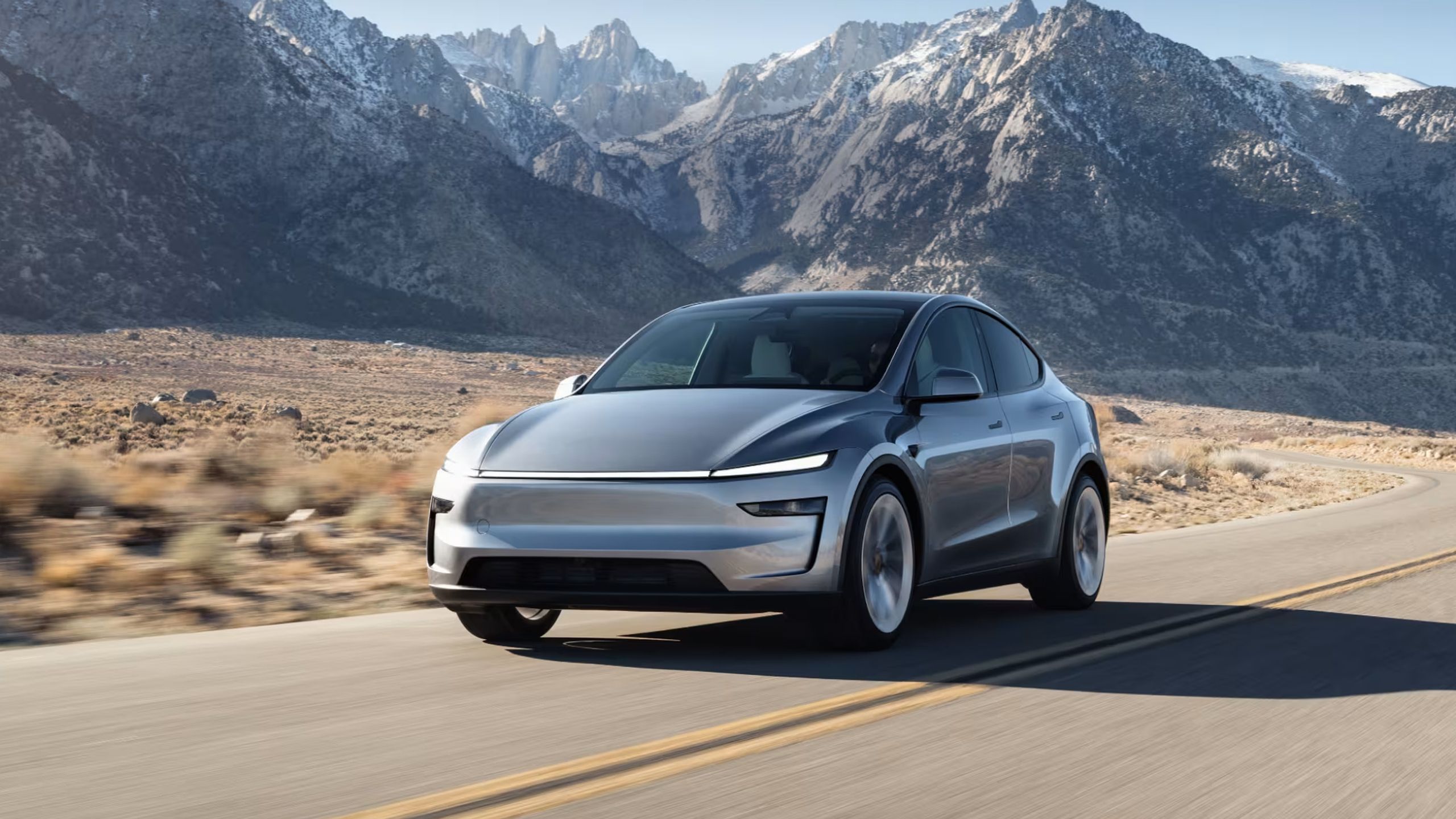Google drops support for third-party smart display: Here’s what that means for you
Google has quietly announced that it is dropping support third-party smart displays including the ones by companies such as Lenovo, JBL and LG. The announcement was made in the form of an ‘Important’ notice in a Google support article titled ‘Make Duo calls on your speakers & Smart Display’.
The notice, first reported by 9To5 Google, in the Google support article says that it will no longer provide software updates for all the supported smart displays by Lenovo, JBL and LG. The article also says that this development could impact the overall quality of video calls made from these speakers.
“Google no longer provides software updates for these third-party Smart Displays: Lenovo Smart Display (7-inch, 8-inch and 10-inch), JBL Link View and LG Xboom AI ThinQ WK9 Smart Display. This could impact the quality of video calls and meetings,” Google wrote in the notice.
What this means for existing users?
Google’s announcement doesn’t mean that all your existing Google Assistant-supported third-party smart displays will be deemed useless starting today. They will still work. This means that you will still be able to listen to your favourite songs, control all your connected smart home devices, set reminders, broadcast a message and listen to your daily news bulletin without any issues. However, as Google cautions, your video calling experience could degrade significantly.
Apart from this, don’t expect any new feature drops on your smart displays anytime soon. It remains uncertain if Google will also not provide any security updates for potential bugs and vulnerabilities that these smart displays might have.
It is worth remembering that Google first announced that it was getting in the smart displays race at CES 2018. While announcing the foray, the company had said Google Assistant would soon be available on smart displays by select companies. “Starting later this year, the Assistant is coming to new smart displays from four companies, including JBL, Lenovo, LG and Sony,” the company had said at the time. Later that year at I/O 2018, the company announced its own smart display, which went on sale in July the same year.
The idea, at the time was, to be a part of the growing trend and demand of smart displays created by Amazon Echo Show. However, over the years, the frenzy around connected smart home devices, particularly around smart displays, has somewhat faded. Google too has given faint but firm signals about its change in priorities. Over the years, the company has stopped developing new features for smart displays. Last year, it disabled web browser on non-Nest Hub Smart Displays. Apart from this, the company has also changed the platform on which these devices functioned (the latest OS being Fuschia). But this new OS is available only for Nest devices.
Simply put, Google’s priorities have changed. The company is now focusing on developing Bard and other LLM models and integrating them in its existing products and services. Does that mean, Google will kill its Nest line of products sometime in future? May be, if it deems it necessary.
The post Google drops support for third-party smart display: Here’s what that means for you appeared first on Techlusive.

Google has quietly announced that it is dropping support third-party smart displays including the ones by companies such as Lenovo, JBL and LG. The announcement was made in the form of an ‘Important’ notice in a Google support article titled ‘Make Duo calls on your speakers & Smart Display’.
The notice, first reported by 9To5 Google, in the Google support article says that it will no longer provide software updates for all the supported smart displays by Lenovo, JBL and LG. The article also says that this development could impact the overall quality of video calls made from these speakers.
“Google no longer provides software updates for these third-party Smart Displays: Lenovo Smart Display (7-inch, 8-inch and 10-inch), JBL Link View and LG Xboom AI ThinQ WK9 Smart Display. This could impact the quality of video calls and meetings,” Google wrote in the notice.
What this means for existing users?
Google’s announcement doesn’t mean that all your existing Google Assistant-supported third-party smart displays will be deemed useless starting today. They will still work. This means that you will still be able to listen to your favourite songs, control all your connected smart home devices, set reminders, broadcast a message and listen to your daily news bulletin without any issues. However, as Google cautions, your video calling experience could degrade significantly.
Apart from this, don’t expect any new feature drops on your smart displays anytime soon. It remains uncertain if Google will also not provide any security updates for potential bugs and vulnerabilities that these smart displays might have.
It is worth remembering that Google first announced that it was getting in the smart displays race at CES 2018. While announcing the foray, the company had said Google Assistant would soon be available on smart displays by select companies. “Starting later this year, the Assistant is coming to new smart displays from four companies, including JBL, Lenovo, LG and Sony,” the company had said at the time. Later that year at I/O 2018, the company announced its own smart display, which went on sale in July the same year.
The idea, at the time was, to be a part of the growing trend and demand of smart displays created by Amazon Echo Show. However, over the years, the frenzy around connected smart home devices, particularly around smart displays, has somewhat faded. Google too has given faint but firm signals about its change in priorities. Over the years, the company has stopped developing new features for smart displays. Last year, it disabled web browser on non-Nest Hub Smart Displays. Apart from this, the company has also changed the platform on which these devices functioned (the latest OS being Fuschia). But this new OS is available only for Nest devices.
Simply put, Google’s priorities have changed. The company is now focusing on developing Bard and other LLM models and integrating them in its existing products and services. Does that mean, Google will kill its Nest line of products sometime in future? May be, if it deems it necessary.
The post Google drops support for third-party smart display: Here’s what that means for you appeared first on Techlusive.





